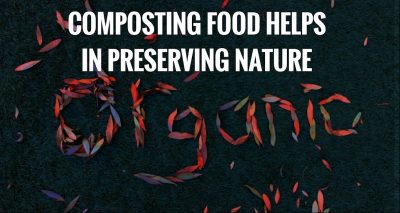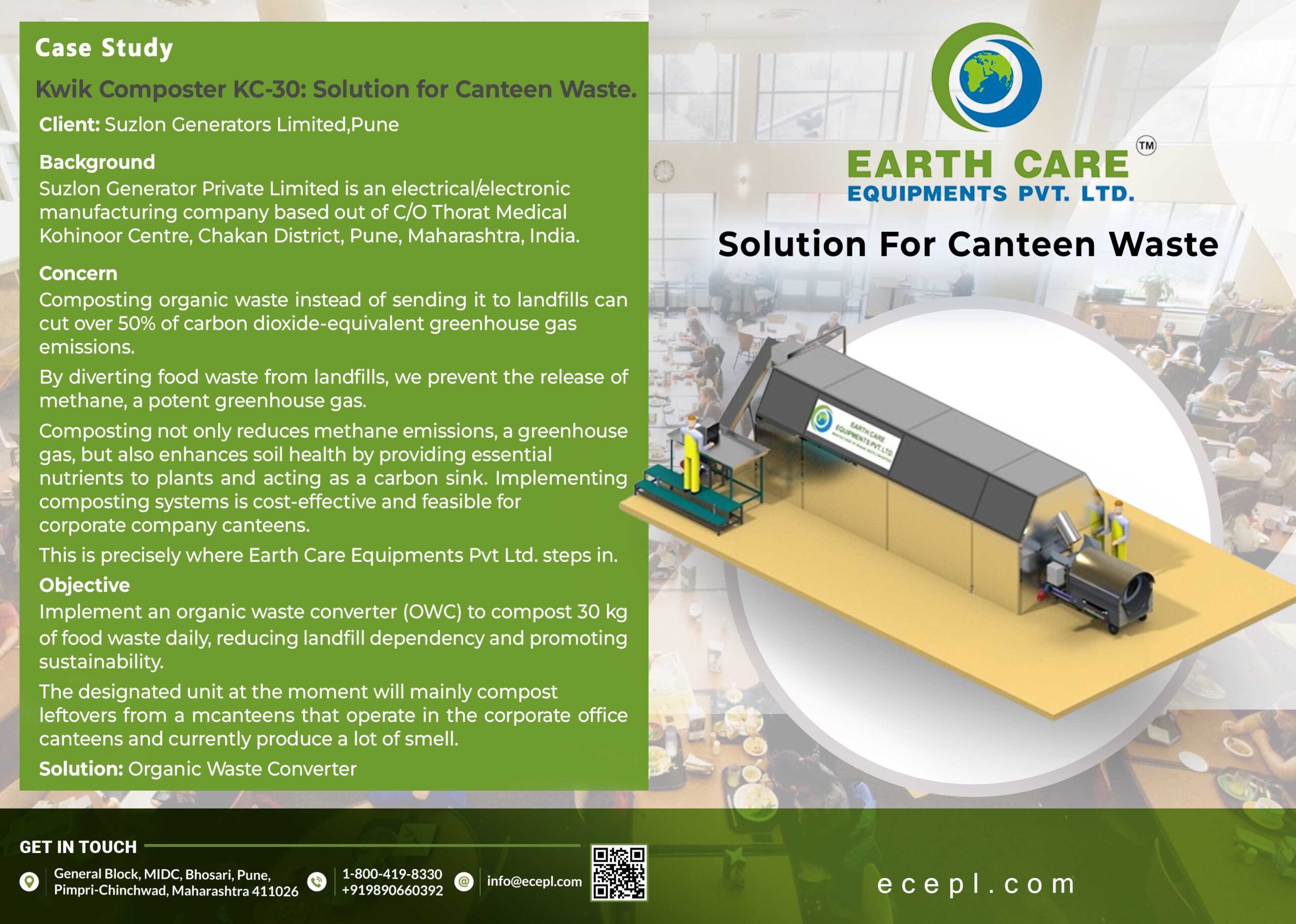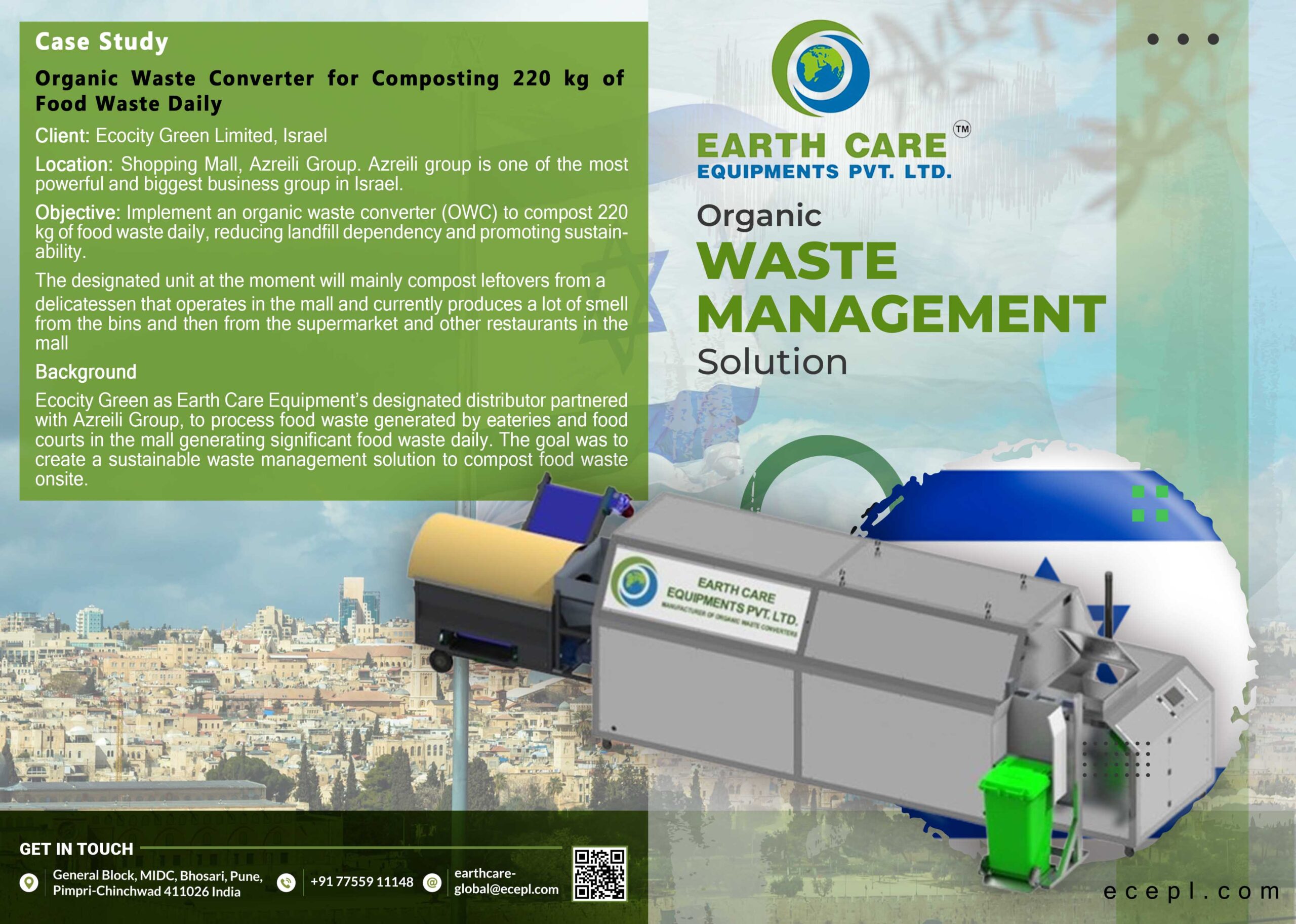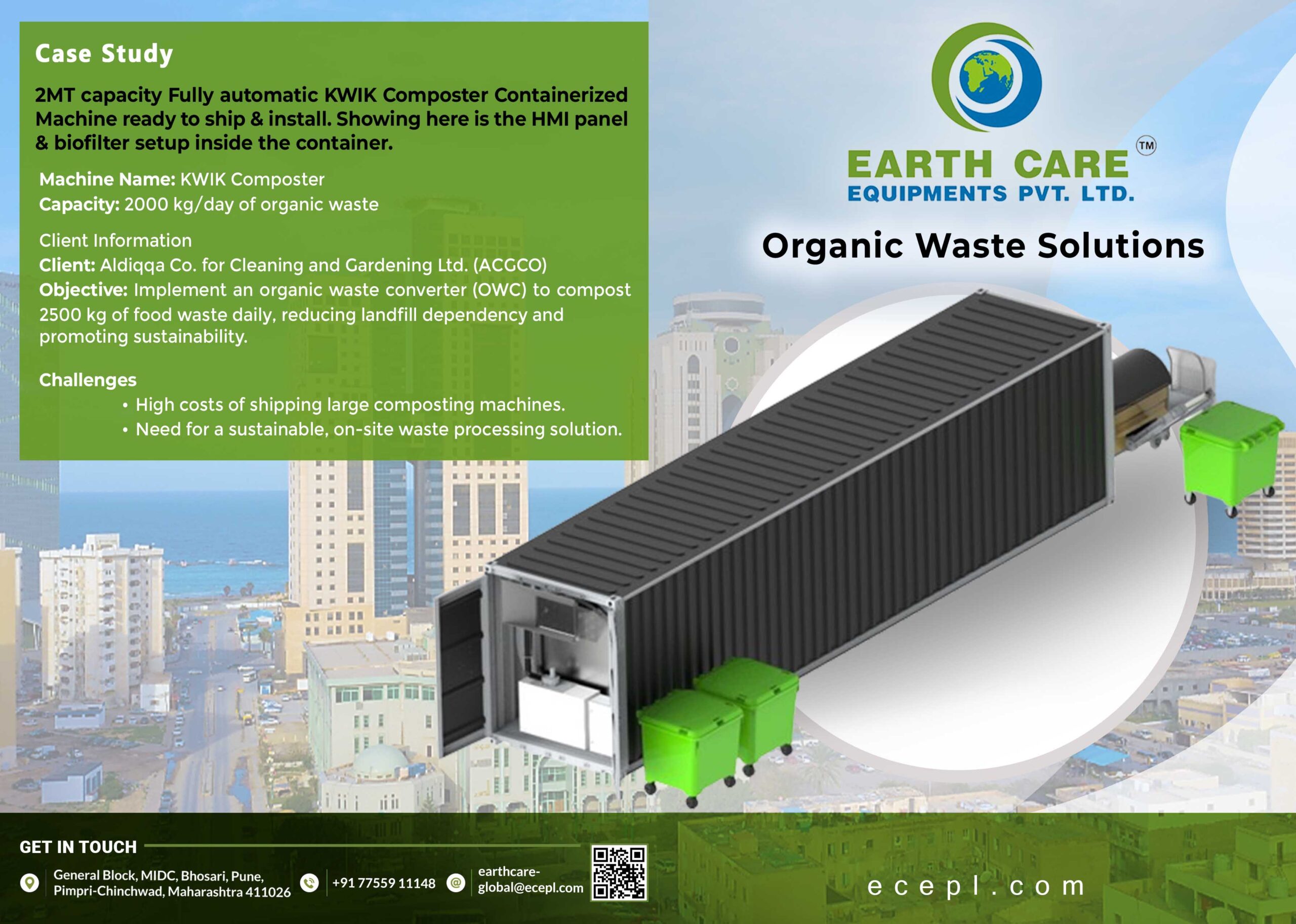
Composting Food refers to a biologically controlled process by which organic material such as food waste, manure, grass, leaves, fruits, vegetables and other dead living things decompose. The end product of this process is a valuable organic fertilizer commonly called compost or humus.
For composting to occur, microorganisms have to feed on both carbon and nitrogen thus breaking them down. You can easily use this process to grow healthier plants and reduce amount of water used in your farm.
Generally, composting food preserves nature in the following ways:
By enriching soil with valuable nutrients.
By lightening clay soils and helping sandy soils retain moisture. It also reduces water runoff.
By suppressing diseases and pests affecting plants
By reducing the need for the use of commercial soil conditioners and chemical fertilizers.
By attracting and feeding earthworms that help in soil aeration.
By encouraging the production of beneficial microorganisms (bacteria and fungi) that help in breaking down organic matter into humus.
By encouraging the production of beneficial microorganisms (bacteria and fungi) that help in breaking down organic matter into humus.
By reducing the emission of methane gas from landfills which lowers carbon footprint.
By recycling organic resources while conserving space used for landfills.
By providing nutrients and useful microbes that improve the growth of plants.
By supplying slow-release nutrients that supplement the fertility of the soil.
By increasing organic matter in the soil.
By encouraging the development of healthy plant root structure.
By helping in balancing soil PH (acidity or alkalinity of the soil).
By helping to control soil erosion.
By providing the mulch that protects plants from the effect of draught and freezes.
The mulch also moderates soil temperature and reduces weeds.
Composting optimizes the use of Landfills
Any organic matter discarded in the landfills decomposes and therefore helps it not to fill up quickly. The use of landfills therefore reduces pollution of the environment. As thrash continue pilling up on the plant matter, an aerobic environment is created. This environment makes the plant matter to decay, leading to the production of methane gas.
Methane is known to be 21 times more potent than carbon dioxide gas. Ultimately, composting helps landfills to reduce their contribution to climate change.
It feeds the soil
Composting food waste enriches the soil. As the food is converted to humus, valuable nutrients are added into the soil. As a result, any type of vegetation that grows on the soil blossoms. Composting therefore regularly replenishes soil nutrients.
It improves the soil
Composting improves your soil fertility when it changes kitchen and other farm waste into nutritious food for your plants, and this will end up improving the structure of your soil. Research findings show that availability of water to plants in your farm depends directly on the amount of organic matter in the soil.
The more you add compost to your farm, the more you improve the water-holding ability of your soil.
It minimizes chemicals
Composting enables you to practice organic farming. Compost is capable of providing the basic nutrients such as nitrogen, potassium and phosphorus, which are usually supplied by chemical fertilizers. Additionally, the compost supplies the soil with several trace minerals and other nutrients such as chromium, copper, fluoride, iodine, iron, manganese, molybdenum, selenium, and zinc, which are usually not available in chemical fertilizers.
Therefore, the need to use chemical fertilizer on your farmland will be minimal. It is also worth noting that any overuse of chemical fertilizers can cause soil acidification. The quality of top soil can be reduced by the application of large amounts of nitrogen. In addition to reducing chemicals in your soil, composting also gives you an opportunity to reduce costs and improve quality of you farm inputs.
A reduction in the use of chemical fertilizers leads to a reduction in water pollution and other associated negative effects on the environment. Nitrogen from the chemical fertilizers facilitates the growth of algae in dams, lakes, and oceans leading to an alteration of their ecosystem. Chemical fertilizers may also leach into ground water wells leading to contamination of drinking water.
This is risky to the health of people and animals that depend on water from the wells.
Composting food is good for our environment in many ways. The ability of the soil to support plants and animals is majorly boosted. Unhealthy greenhouse gases such as methane and carbon dioxide are reduced. Composting also controls water pollution, which has been a major environmental problem.
This is because fewer chemicals are introduced into the environment, therefore making water safer to drink and use in the farms.





